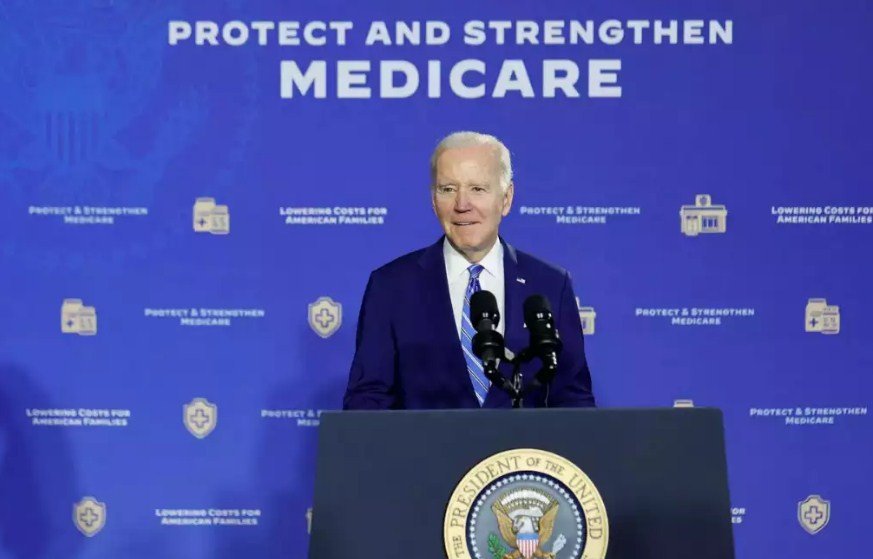Cigna Group, one of the largest health insurers in the U.S., is considering selling its Medicare Advantage business, which offers extra benefits to seniors and people with disabilities who are covered by the federal health insurance program, according to sources familiar with the matter.
Why Cigna wants to exit Medicare Advantage
Cigna, which entered the Medicare Advantage market with its $3.8 billion acquisition of HealthSpring in 2011, has been facing challenges in the sector as the U.S. government has been tightening its reimbursement policies for health insurers.
The company said last week that its profit margins in Medicare Advantage in 2023 were below its long-term target of 4% to 5%, and that it expected the same situation in 2024. The company blamed administrative expenses as it expanded the business, but also cited changes in the government’s star rating system, which affects some of the payments, as a factor that would hurt its Medicare Advantage business in 2024.
Cigna generated 14% of its $135.7 billion revenue in 2022 from the Medicare Advantage business, which includes plans that supplement the benefits provided by the federal insurance as well as a prescription drug business. The company said it had increased its geographic footprint of the business from 20% of those eligible for Medicare Advantage coverage in 2019 to more than 40%. It also disclosed that its customer base had grown 13% year-to-date.
However, the company may be looking to divest the business as it faces increasing competition and regulatory pressure in the Medicare Advantage market, which is expected to grow as more baby boomers age into the program.
Who may be interested in buying Cigna’s Medicare Advantage business
Cigna is working with an investment bank to evaluate options for its Medicare Advantage business, which could fetch several billions of dollars in a potential sale, the sources said. The discussions with interested parties, including other companies and private equity firms, are at an early stage and Cigna may decide to keep the business, the sources added, requesting anonymity because the matter is confidential.
A Cigna spokesperson said the company does not comment “on rumors or speculation” as a matter of policy.
Some of the possible buyers for Cigna’s Medicare Advantage business could be its rivals, such as UnitedHealth Group, Humana, Anthem, or CVS Health, which have been expanding their presence in the sector. Private equity firms, such as Blackstone Group, KKR, or Apollo Global Management, could also be interested in acquiring the business, as they have been active in the health care industry.
How the sale of Cigna’s Medicare Advantage business could affect the industry and consumers
The sale of Cigna’s Medicare Advantage business could have significant implications for the health insurance industry and the consumers who rely on the program.
On one hand, the sale could reduce the number of players in the Medicare Advantage market, which could lead to less competition and higher prices for consumers. According to a report by the Kaiser Family Foundation, about 26 million people, or 42% of the total Medicare population, were enrolled in Medicare Advantage plans in 2021, and the market was dominated by a few large insurers, such as UnitedHealth, Humana, and CVS Health.
On the other hand, the sale could also create opportunities for new entrants or smaller players to gain market share and offer more choices and innovation to consumers. For example, some of the emerging companies in the Medicare Advantage space, such as Oscar Health, Clover Health, or Bright Health, could benefit from acquiring Cigna’s business or some of its assets.
The sale of Cigna’s Medicare Advantage business could also affect the company’s overall strategy and performance, as it would lose a significant source of revenue and growth potential. However, the company could also use the proceeds from the sale to invest in other areas of its business, such as its commercial platform serving large employers, or its pharmacy benefits division, which was bolstered by its $52 billion purchase of Express Scripts in 2018.

